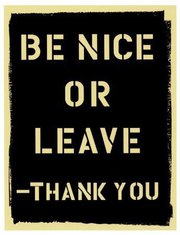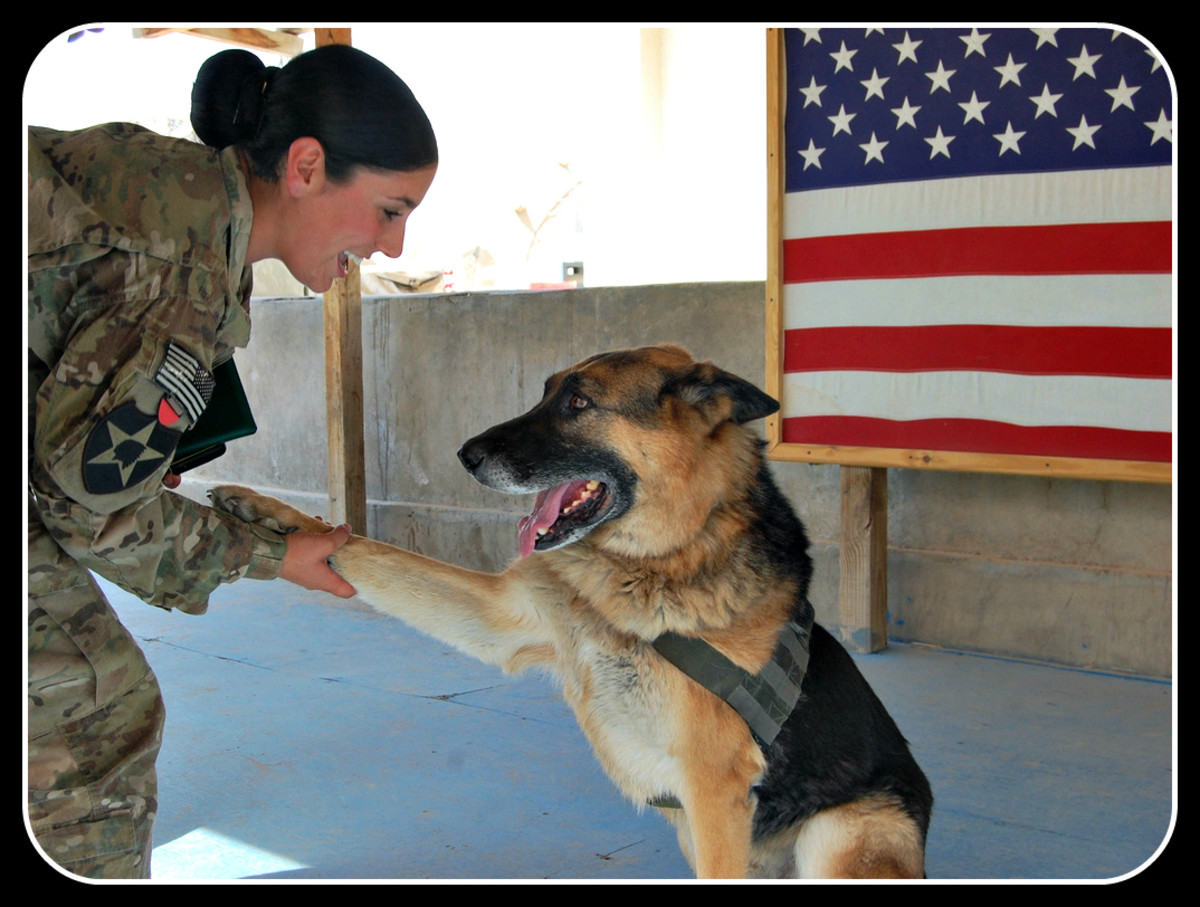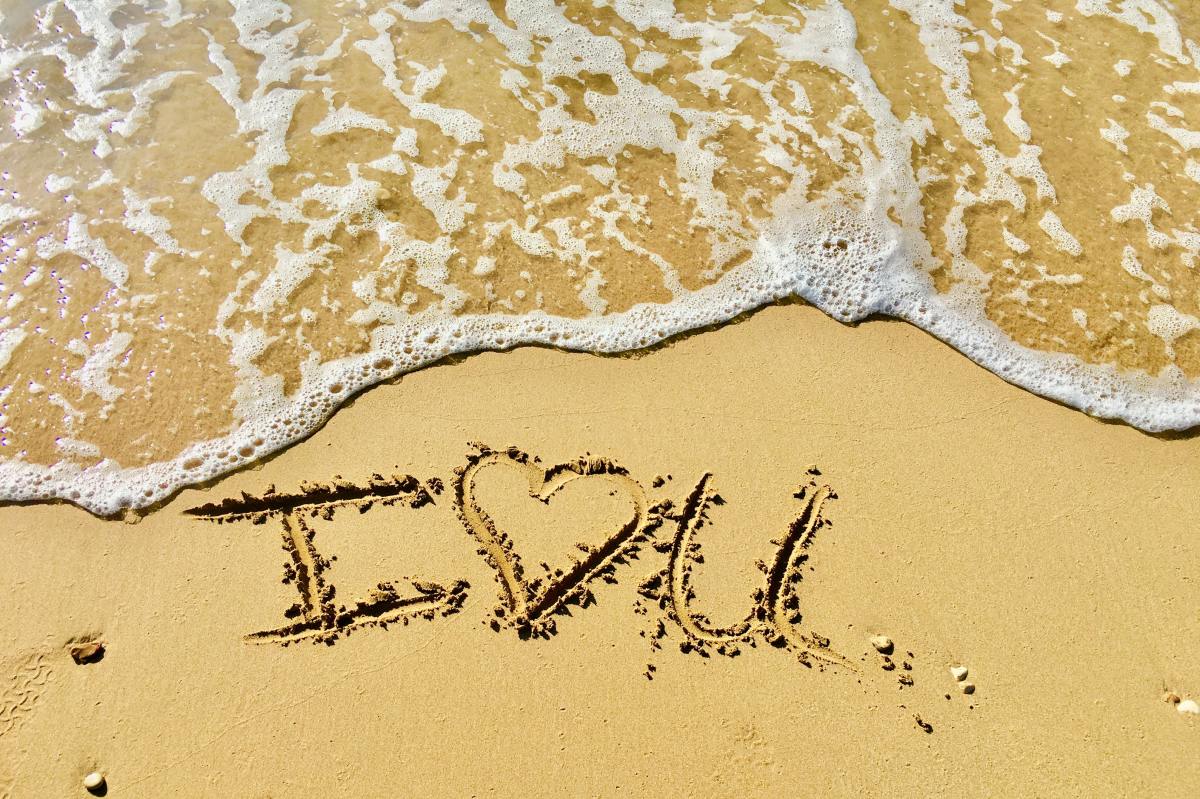Common Decency and Respect

What exactly is the difference?
First off, let me clarify that this an opinion piece. I do not assert that my opinion is more correct or stronger in value than another's. This article is merely a statement of my observations over a few decades.
We seem to be living in a time where respect is demanded by the masses for so many different reasons. However, many of us have often heard, and even preached, that respect is not merely given, but earned. Moreover, each person holds to his or her own set of inner values that dictates how that respect is earned. Groups of people may have some of those values in common, but the prioritization of those values are different from person to person. So, how does one truly earn respect from his or her fellow human beings? And what about common decency?
Let us look at common decency, or common courtesy, first. Earned or not, every person should be afforded a certain amount of respect just because he or she lives and breathes. I firmly believe that. We are all taught a certain set of rules, in regards to treating others, to live by. Summarily, it boils down to the fact that we should just be nice to one another, especially in passing. Many times, we will know of a person's existence for only the amount of time it takes to walk past him or her. In that short amount of time, we may smile, nod, utter a quick salutation like "good morning" or the like. This is merely treating others the way we wish to be treated. It is that "Golden Rule" our parents, teachers and pastors passed onto us.
However, I once read a book by Tony Alessandra. It is called "The Platinum Rule", and from what I understand, he makes many speaking appearances discussing this topic. I will not go into great detail for many obvious reasons, but the gist of the book is that a person should really get to know another person personally and treat him or her the way he or she wishes to be treated. To clarify a bit, here is an example: Tom meets a new co-worker, Sally. Tom should get to know Sally and treat Sally the way Sally wishes to be treated. Therefore, there is no clash over personality differences. So, in the end, I think this is the ultimate form of common decency, that level of respect that everyone deserves.
But what about that "earned respect"? Some people earn the respect of other people, regardless of rank or social status, just by putting on a uniform. Police officers, sheriff's deputies, firefighters, paramedics and military members often earn the respect of many because these people swear an oath to do whatever it takes to protect everyone's safety, security and/or liberties. These uniformed citizens jump into harm's way so others don't have to, and that is admired by many. However, I do realize that there are many that do not hold these same values and have no respect for our uniformed citizens, or may I dare say "heroes". This is their right, and in my opinion, common courtesy dictates that we do not disrespect them simply because of disagreement.
There are other ways of earning respect, but another common way is being responsible. When a person takes care of his or her responisibilites without reminders from others, that person shows a great deal of self-respect. He or she takes care of him/herself accordingly. With high levels of self-respect, the respect of others seems to flow naturally. Adversely, it is hard to earn, or even demand, respect from others when one does not respect him/herself. In my experience, people respect and admire a well-mannered, well-groomed, nicely-dressed and articulately-spoken person. Our displays of self-respect and common courtesy are ways of earning respect from others as well, without demanding it.
Also, there are those that confuse respect with fear. They believe that, when you fear them, they have gained your respect. It seems that they do not realize that respect and fear are the complete opposites, or at least they are in my opinion. Then again, some people will fear another before really getting to know them. For example, I stand almost 6-foot-3, and I weigh around 280 pounds. I am a fairly big guy, and for that reason alone, many people that I have met jumped to the conclusion that I was a bully-type character and were very intimidated. Once they learned who and how I am, they realized that those looks can be deceiving. I am not that big, dumb, mean and overall imposing Bluto-type character. I am actually a very intelligent and all-around nice guy. So, once they learned these things about me, that initial fear turns into genuine respect. When people use their skills and talents to help, instead of control, others, they are soon respected without levels of fear.
In this digital age, it appears to me that common decency and respect are waning. Discussion board "trolls" seem to belligerently engage in conversations that rile up emotions in various but passionate manners. When confronted about it, the most common excuse is, "Well, it's the Internet. It doesn't really matter or count." It is almost as if the logic is, "They're just words on a screen. It's not real." However, it is real. It is very real for the person on the other end. There is a real person with real emotions in a real conversation. In my opinion, it is no different than walking up to your significant other while he or she prepares for a date with you and saying, "You look extremely horrid dressed that way." It is not only disrespectful. It is extremely hurtful. Therefore, we must conduct ourselves on the Internet no different than when face to face.
So, how do we really earn the respect of our peers? Our elders? Our young people? I think (and again, this is just opinion) we soon earn the respect we deserve when we show the right amount of common decency and/or common courtesy. When we set aside obvious differences and idiosyncrasies, it becomes easy to treat other humans in a nice, humane and even respectful manner. When a person stops demanding respect and displaying self-respect, he or she starts to earn respect. I think all of us, including me, need to remember that at all times, and when that happens, we can get back to being a society that is more trusting and far nicer, even if it is a bit naïve and idealistic, but what are dreaming artists for, if not ideals? Lastly, common courtesy dictates that I thank you for taking the time to read this article. So, thank you.








